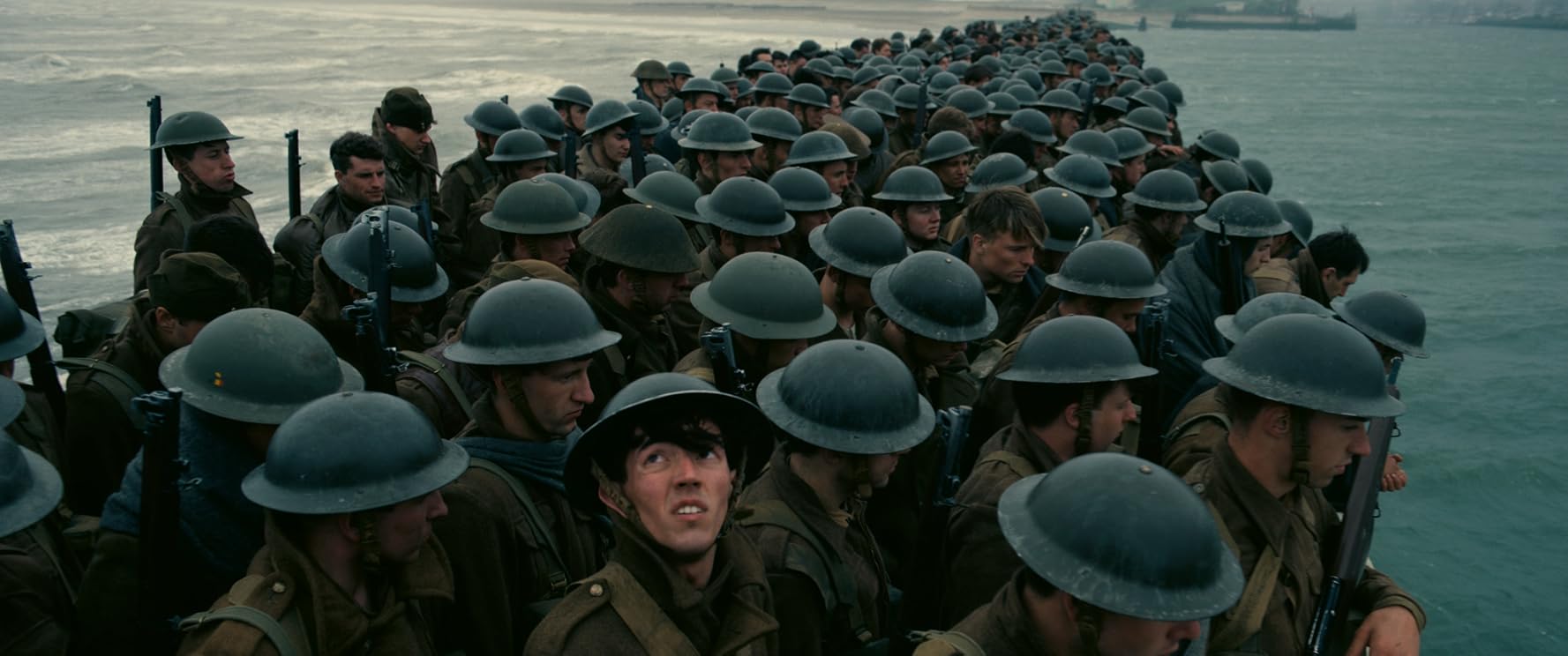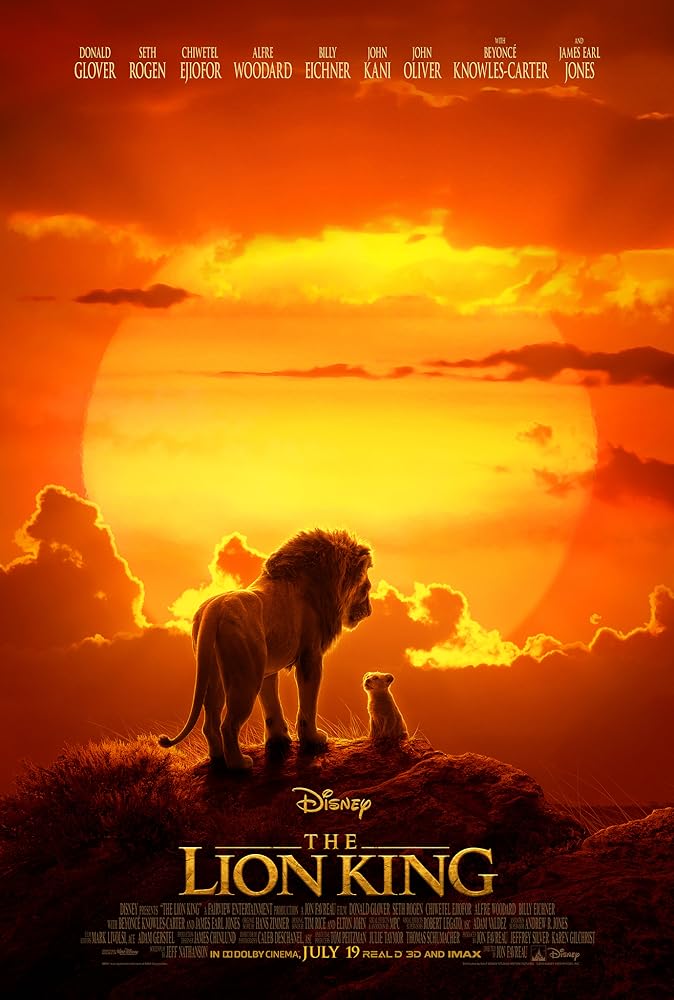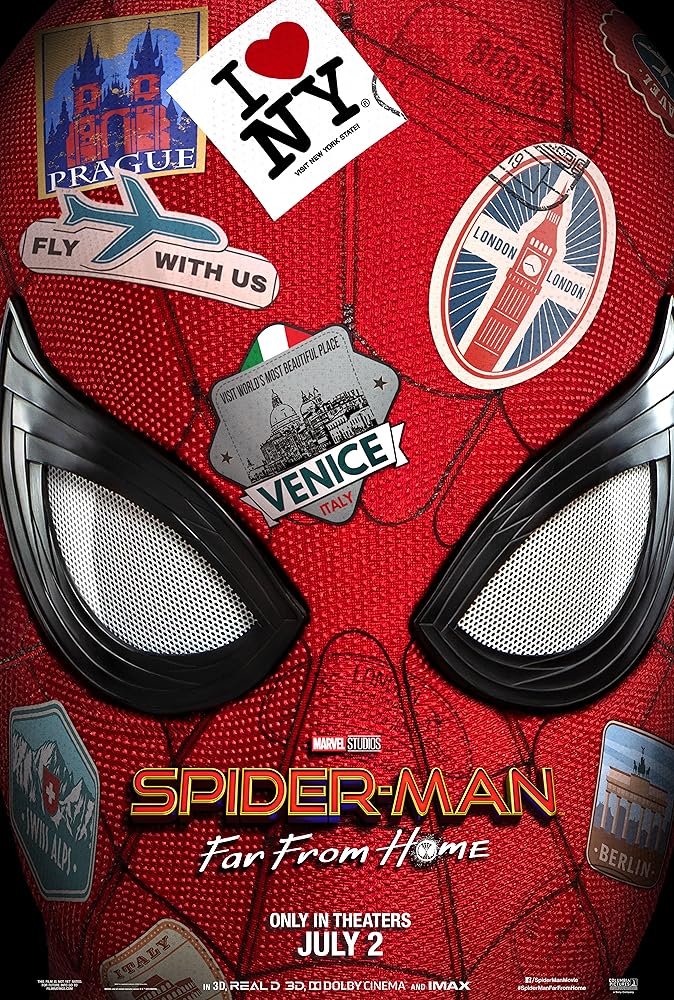
The Fast and the Furious franchise has undoubtedly
been one of the biggest film franchises in recent memory. While it has been
around since 2001, the series truly started to hit its stride with its fifth
installment, 2011’s Fast Five, which surprised many by being the first
entry of the series to attract generally positive reviews from critics. For
many, this was largely due to a new addition to the cast in Dwayne Johnson’s
Luke Hobbs, a burly, no-nonsense agent working for the Diplomatic Security
Service. While initially established as somewhat of an antagonist for series
lead Dominic Toretto and his gang, Hobbs ends up becoming one of their key
allies for subsequent films. Another major standout for the
series came in the form of Deckard Shaw, played by Jason Statham. First
introduced in the mid-credit scene of 2013’s Fast and Furious 6, Shaw
effectively became the main antagonist of 2015’s Furious 7 but would
later transition into an anti-hero in 2017’s The Fate of the Furious.
And while Shaw’s new characterization proved to be rather controversial amongst
fans given that he was responsible for the death of Han, one of the series’
main protagonists, many agreed that the scenes between Johnson and Statham were
the best part of the film. As such, we now come to a first for the Fast and
Furious franchise via a spin-off centered on its two most popular
characters, Hobbs and Shaw. For this film, directorial duties go to
David Leitch, who’s fresh off last year’s superior follow-up to 2016’s
superhero smash hit Deadpool. What follows is exactly what you’d expect
from a Fast and Furious film; a completely ridiculous but all-around super
fun popcorn flick.
During a mission to retrieve a deadly virus known as
‘Snowflake’ from the mysterious terrorist organization Eteon, a group of MI6
agents are attacked by Eteon’s top agent Brixton Lore (Idris Elba), a former
MI6 agent who’s been turned into a cybernetically-enhanced super-soldier.
Almost every member of the team is killed save for team leader Hattie Shaw
(Vanessa Kirby), who injects herself with the virus to avoid it getting into
Lore’s hands. Thus, Lore and Eteon manage to pin the whole incident on her,
forcing her to go on the run. In their efforts to track her down, the CIA
recruits two special operatives for the mission; DSS agent Luke Hobbs (Dwayne
Johnson) and Hattie’s brother, former British Special Forces agent Deckard Shaw
(Jason Statham), who also happens to have a considerable history with Lore. The
only problem is that, as exemplified by their past encounters, Hobbs and Shaw
do not get along in the slightest. However, given that the virus within Hattie
will end up killing her in a few days and will then be unleashed upon the world
to kill countless more, the two ‘frenemies’ are forced to work together just to
ensure that none of this ends up happening. And because Brixton Lore and Eteon consistently
prove to be a massive thorn in their side, the three realize that they’ll have
to embrace their familial roots if they want to stand a chance against their
enemies.
Nowadays, the ongoing narrative surrounding the Fast and
Furious films usually revolves around how incredibly over-the-top they’ve
gotten. What was once a simple street-racing franchise has now evolved into a
series of films where its characters pull off incredibly ludicrous stunts that
defy every single law of physics, whether it’s jumping a car across tall
skyscrapers or driving them out of an airplane. And because these films consistently
continue to up the ante when it comes to their insane action sequences, it’s
legitimately gotten to the point where fans have been speculating for years now
if the franchise will ever head into space. As for Hobbs and Shaw, it’s
basically a full-blown superhero film at this point since the plot revolves
around the titular duo taking on a genetically enhanced soldier who’s so
powerful that he straight-up boasts that he’s ‘Black Superman’. As such, this film
is ultimately yet another example of what we’ve now come to expect from this
franchise. Simply put, if you’re among those who aren’t even remotely fans of Fast
and Furious, then you’re clearly not going to get anything out of this
since it basically maintains every single one of the series’ long-standing
tropes. In fact, you’ll probably just look at this and lament how this
franchise keeps managing to get even sillier with each new installment. But if
you are a fan of this franchise, this film does continue to feature everything
that you love about it, from the cheesy comedic dialogue to the action
sequences that, no matter how insane they get, are still a lot of fun to watch.
And while it does occasionally feel like David Leitch is being forced to keep some
of the fight sequences under the PG-13 rating, there are still plenty of cases
where he gets to show off his knack for excellent stunt choreography.
But perhaps the most surprising aspect of this film is how effective
it is at handling what is easily the franchise’s definitive theme, the
importance of family. Yes, as fans of the franchise are undoubtedly aware, Fast
and Furious has constantly prided itself on the strong camaraderie between
its main characters. However, it does seem like this bond has been tested in
recent years, especially after Vin Diesel and Dwayne Johnson’s heated feud on
the set of The Fate of the Furious that, as it turns out, was partially
due to the announcement of this spin-off. Still, there’s no denying that family
has always been a key element of this franchise’s success, and Hobbs and
Shaw is quite arguably one of the best entries in the series when it comes
to conveying this since it directly defines the character arcs of its titular
leads. Shaw’s involvement in the plot primarily stems around the need to
protect his sister (who he’s been estranged from for several years) while Hobbs
ends up returning to his home in Samoa and reuniting with his family, who play
a major role in the film’s finale. Now to be clear, this is still Fast and
Furious that we’re talking about so this is by no means an Oscar-winning
script; and yet, it could be argued that this one handles the ‘family’ aspect a
lot better than some other entries in the franchise. And as to be expected,
Dwayne Johnson and Jason Statham continue to be excellent in the title roles
thanks in large part to their excellent camaraderie and the hilarious banter
that stems from it. They’re then backed by Vanessa Kirby’s equally excellent
turn as new female lead Hattie Shaw, with Kirby more than holding her own
against her two main co-stars when it comes to the action sequences. And to
close out the main cast, Idris Elba is clearly having a lot of fun in the role
of main antagonist Brixton Lore, who does prove to be a considerable threat to
the main characters despite a few instances where his characterization feels a
bit one-note in favor of setting up a new overarching series villain in the
currently unknown director of Eteon.
While it is primarily a spin-off of the Fast and Furious series,
the fact that Hobbs and Shaw revolves around the franchise’s two most
popular characters ultimately resulted in a situation where many people were
looking forward to this film more than the impending Fast and Furious 9,
which is set for a May 2020 release. And if that wasn’t enough, it’s been
confirmed that Johnson and Statham won’t be returning for the ninth film due to
their commitment to this spin-off. As such, only time will tell if this will
have any sort of impact on Fast and Furious 9, especially given
how Johnson’s involvement with the franchise was one of the key factors behind
its unexpected resurgence. But as for Hobbs and Shaw, it’s easy to see
why this one attracted so much hype before its release. Bolstered by the
terrific camaraderie of Dwayne Johnson and Jason Statham, this film once again
reinforces why Luke Hobbs and Deckard Shaw have become one of the best mismatched
buddy duos in film since Martin Riggs and Roger Murtagh. Sure, just like the other
recent installments of the Fast and Furious franchise, Hobbs and Shaw
doesn’t let up in the slightest when it comes to the increasingly ludicrous
nature of both its plot and its action sequences. Because of this, it’s clear
that those who aren’t already fans of the franchise probably won’t be swayed by
this new installment. But, of course, when it comes to the franchise’s devoted
fanbase, they will most likely find this to be another solid entry in the
series thanks to its great cast, highly entertaining action sequences, and
solid direction from David Leitch. It’s already grossed over $588 million
worldwide, once again reaffirming the Fast and Furious franchise’s
status as one of the most dominant film franchises around.
Rating: 4.5/5
And don’t forget that
there’s still plenty of time to vote for your favorite film from the Summer of
2019 in Rhode Island Movie Corner’s annual ‘End of Summer’ Fan Poll. Just head
to the following link (https://www.surveymonkey.com/r/NQ3FZN2)
to make your selection. Voting ends this Saturday, August 31st; as
Doctor Strange would say, “We’re in the endgame now…”








